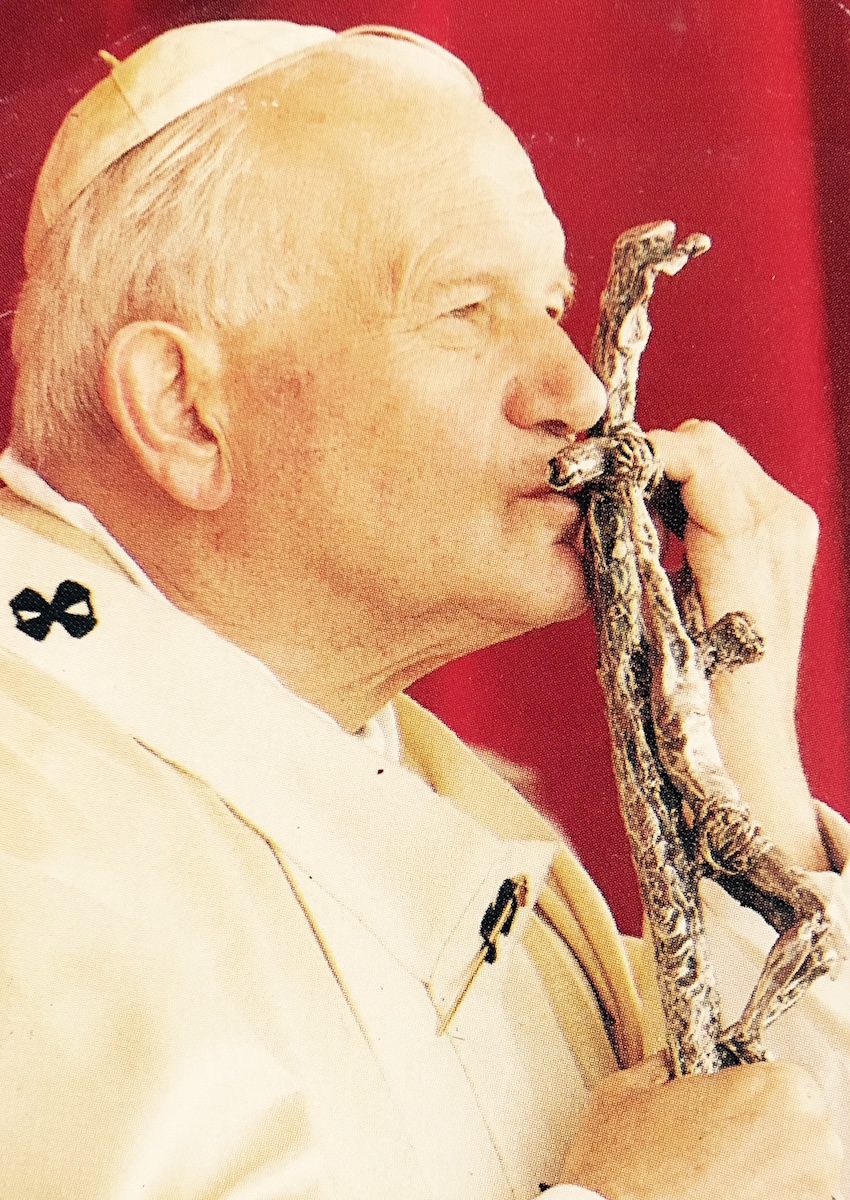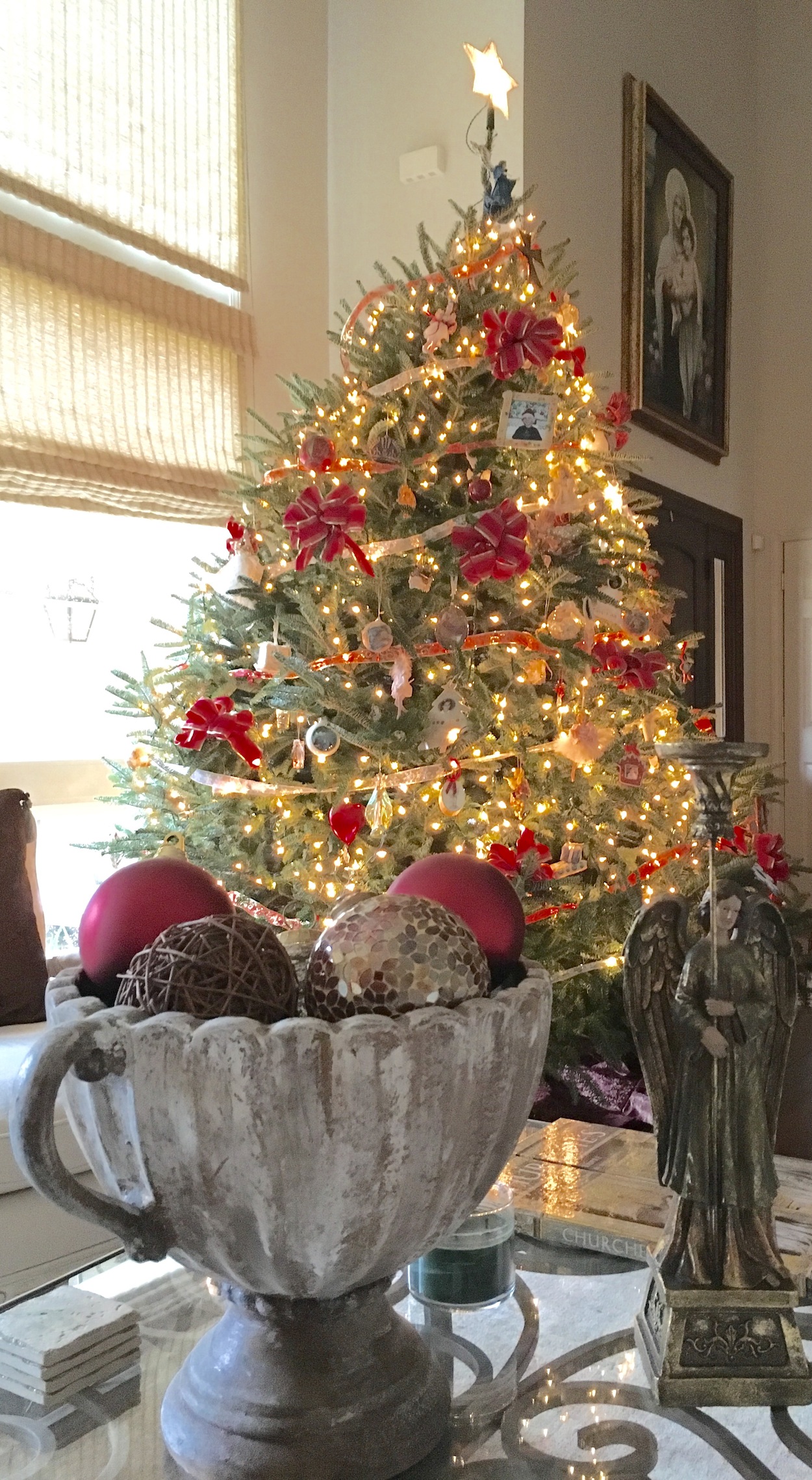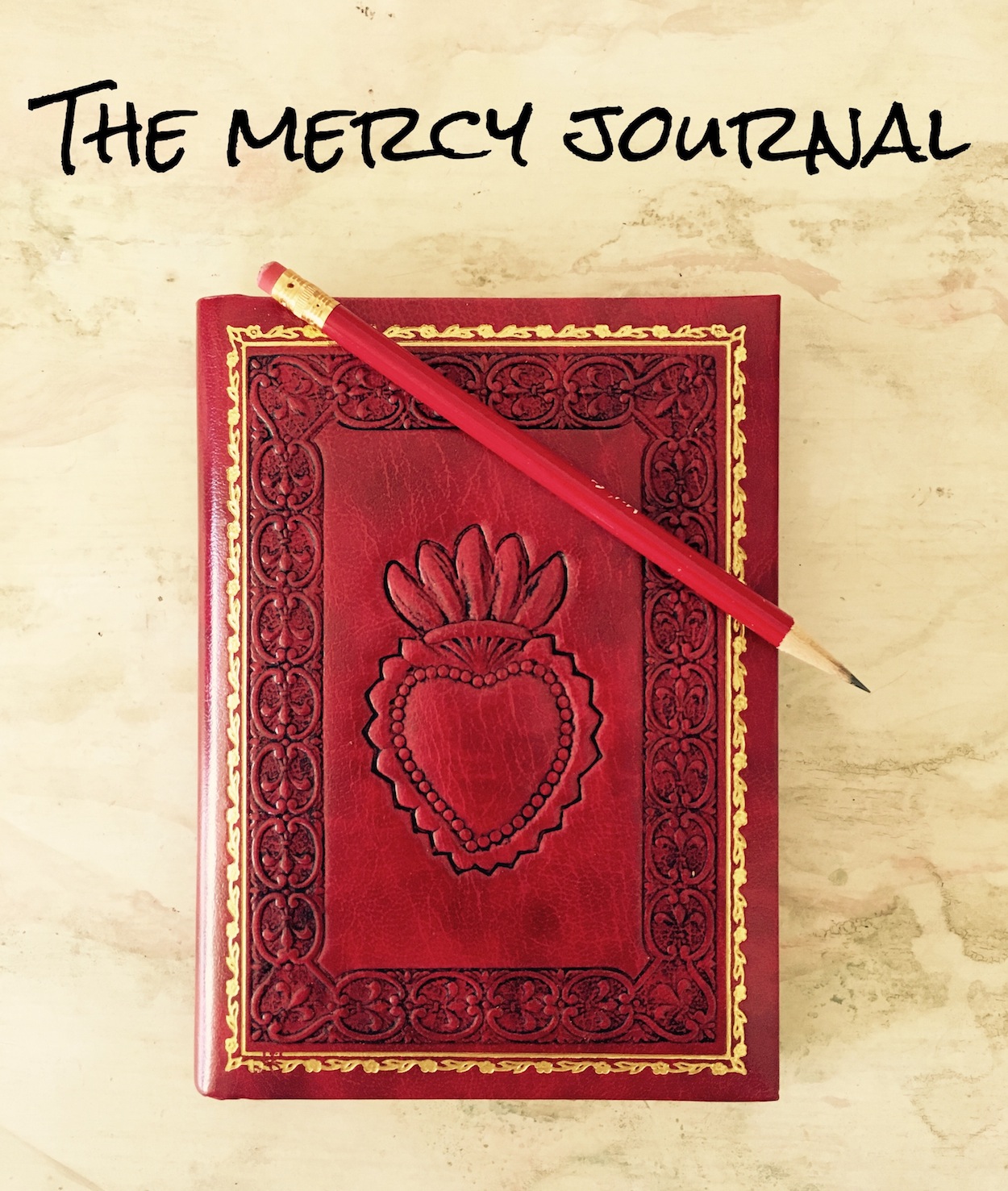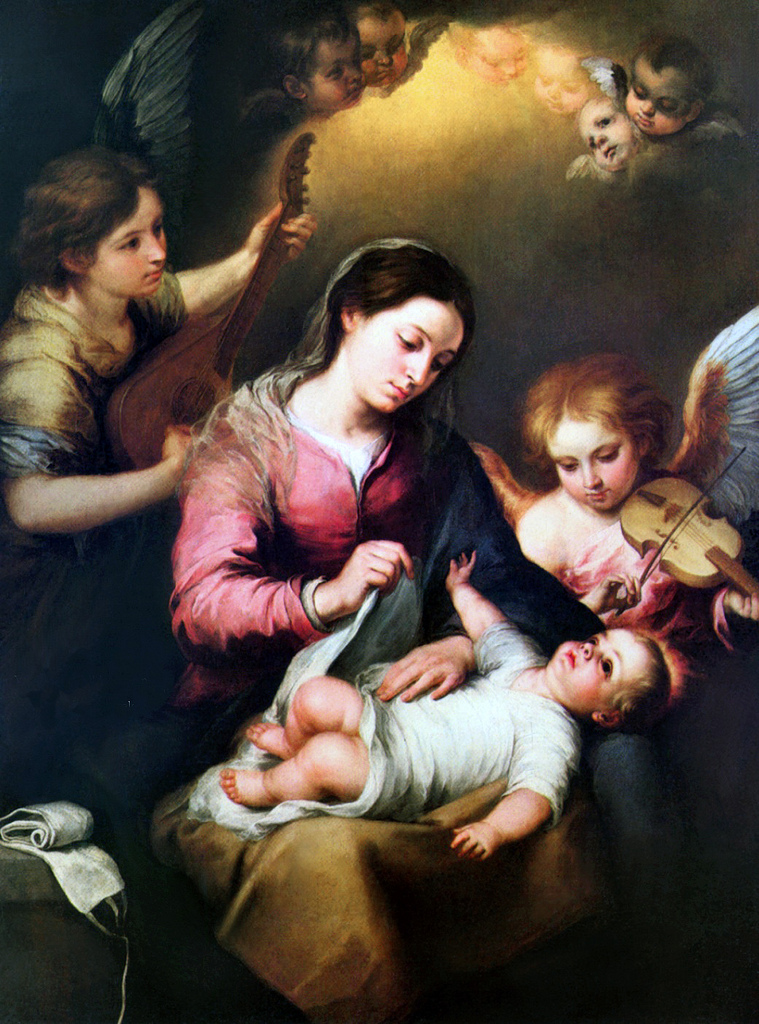 Tears flowed freely during the meeting with my spiritual director, Sandy, as I shared with her the pain I was feeling. “December is here,” I said. “I get such a wave of anxiety and grief at this time of year.”
Tears flowed freely during the meeting with my spiritual director, Sandy, as I shared with her the pain I was feeling. “December is here,” I said. “I get such a wave of anxiety and grief at this time of year.”
Somehow, I have a hunch I’m not alone in experiencing December this way.
December is the month that “our lives blew apart with more violence than we ever dreamed possible,” I wrote in my book Miracle Man. The month that my late husband, Bernie, suffered a massive heart attack—leaving my children fatherless and me a widow after 87 excruciating days in the ICU. Eight years and a wonderful new marriage later, December still brings it all screeching back.
“Beg the Lord to heal the trauma of all your past Decembers,” Sandy wisely advised. “And ask him to fill you with the joy of his birth.”
For December is also the month when we celebrate our Savior’s presence penetrating Earth’s agonies, defying what human eyes behold as mere babe-flesh, disguising the God-man. This is the month that Hope is born, ushering in the time of fulfillment for the long-awaited healing of our crippled souls and lame lives. December is, indeed, the month of Advent hope.
The hope of Advent lies in experiencing the reality of human frailty—and in believing that Someone, though fragile in appearance, is coming to heal us soon. The hope of Advent consists in a hearty cry for deliverance from the weight of sin and death—and in trusting that God’s glory-weight will pierce right through all of this world’s darkness. For we have all known the sorrow of “Decembers” during life’s winter months, times of shadows and suffering where we cry out for the Light to come.
Every year I’m reminded that December is a fitting backdrop for Advent, as it is the month that throws off the least amount of light in the calendar year. The days grow short and winter begins. The darkness brings with it a certain sense of vulnerability and disorientation, along with the knowledge that we need more Light, so we can see.
Advent hope has everything to do with vision. Advent hope is inexorably connected with eternal perspective. That’s because hope—Christian hope—is so much more than plain old wishful thinking. It is the theological virtue by which we order our lives toward heaven; the virtue that establishes trust in us that there is a heaven, and gives us the conviction that we’ll live there with God some day. Hope reminds us that this earth is not paradise, strengthening and sustaining us as we travel toward the longed-for Promised Land. Hope gives us a new vision for our lives, enabling us to see that what may look like “disaster” to human senses is but a moment of time that God holds in his hands, shaping it for our good, while simultaneously, mysteriously, molding us into good.
“Can you see your Decembers as a time when God reaches into your life to work miracles, instead of as a time of sorrow?” Sandy gently asked. “You saw that once,” she continued. “You wrote a book about it.”
Yes, I saw it clearly then. But somehow I go blind every December.
And maybe that’s as it should be. Since it is December’s darkness that beckons me to encounter my desperate need for a Savior. Along with my need for a divine infusion of hope.
Thankfully, it is Advent. The season of so much blindness healed. The Church’s daily readings ring out promises of what the Messiah will bring, along with rich Gospel accounts of those promises being fulfilled:
On that day the deaf shall hear…and out of gloom and darkness, the eyes of the blind shall see. The lowly will ever find joy in the Lord, and the poor rejoice in the Holy One of Israel. Isaiah 29:18-19
And then we hear:
Two blind men followed him crying, “Son of David, have pity on us!” …Then he touched their eyes...And their eyes were opened. Matthew 9:29-31
Touch our eyes, Lord, and enable us to glimpse reality from heaven’s angle, through the lens of Advent hope. Heal all of our Decembers, and fill us anew with the joy of your birth.
Last week to order our Pre-Christmas Special: Get signed copies of both books, “Miracle Man” and “Mary’s Way,” for a bundle price of $25 right now at www.memorareministries.com. Free “Mary’s Way” Consecration Prayer Card included.

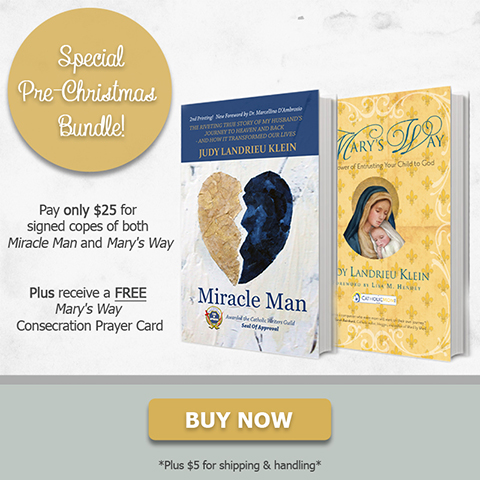
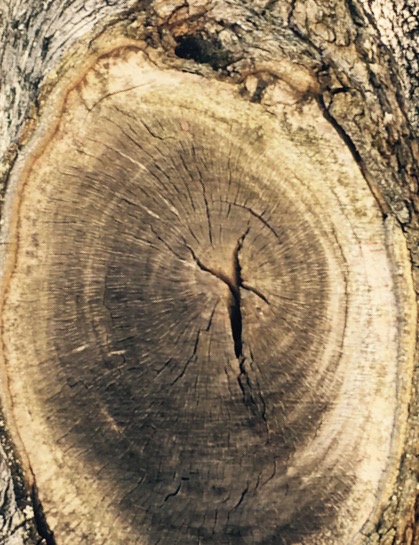 They will be called oaks of righteousness, the planting of the Lord to display his glory.
They will be called oaks of righteousness, the planting of the Lord to display his glory.